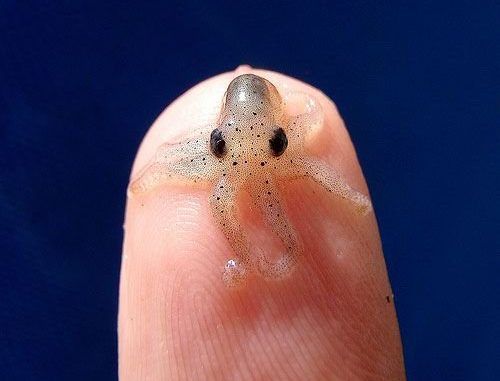
The DNA in octopuses may contain genetic code belonging to aliens, according to scientists at the University of Chicago.
According to research, octopus DNA contains highly rearranged code, utterly different from other animals on earth.
Irishexaminer.com reports:

BYPASS THE CENSORS
Sign up to get unfiltered news delivered straight to your inbox.
You can unsubscribe any time. By subscribing you agree to our Terms of Use
“The octopus appears to be utterly different from all other animals, even other molluscs, with its eight prehensile arms, its large brain and its clever problem-solving abilities,” said US researcher Dr Clifton Ragsdale, from the University of Chicago.
“The late British zoologist Martin Wells said the octopus is an alien. In this sense, then, our paper describes the first sequenced genome from an alien.”
The scientists sequenced the genome of the California two-spot octopus in a study published in the journal Nature.
They discovered unique genetic traits that are likely to have played a key role in the evolution of characteristics such as the complex nervous system and adaptive camouflage.
Analysis of 12 different tissues revealed hundreds of octopus-specific genes found in no other animal, many of them highly active in structures such as the brain, skin and suckers.
The scientists estimate that the two-spot octopus genome contains 2.7 billion base pairs – the chemical units of DNA – with long stretches of repeated sequences.
And although the genome is slightly smaller than a human’s, it is packed with more genes.
Reshuffling was a key characteristic of the creature’s genetic make-up. In most species, cohorts of certain genes tend to be close together on the double-helix DNA molecule.
A gene is a region of DNA that contains the coded instructions for making a protein.
In the octopus, however, there are no such groupings of genes with related functions. For instance, Hox genes – which control body plan development – cluster together in almost all animals but are scattered throughout the octopus genome.
It was as if the octopus genome had been “put into a blender and mixed”, said co-author Caroline Albertin, also from the University of Chicago.


